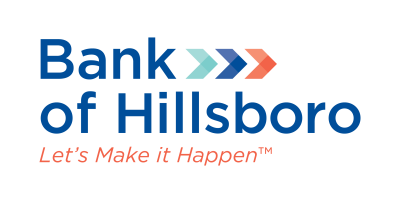Choosing the right approach for acquiring your next vehicle is an important financial decision that can significantly impact your budget and long-term financial goals. As you embark on this journey, you’ll likely encounter two primary options: leasing and buying. Each option comes with its own set of advantages and drawbacks, making it crucial to carefully evaluate your unique circumstances and preferences. In this blog post, we’ll guide you through the considerations of leasing versus buying a car, empowering you to make an educated choice that aligns with your financial situation.
Leasing: The Upsides and Downsides
Leasing a vehicle involves essentially renting it for a specified period, typically two to three years, during which you make monthly payments. At the end of the lease term, you return the car to the dealership. Let’s explore the pros and cons of leasing:
Pros of Leasing:
- Lower Monthly Payments: Lease payments are often lower than loan payments, as you’re only paying for the vehicle’s depreciation and not its full value.
- Warranty Coverage: Since lease terms rarely exceed the manufacturer’s warranty period, you can avoid costly repairs.
- Regular Vehicle Upgrades: At the end of the lease, you can easily upgrade to a newer model, enjoying the latest features and technology.
Cons of Leasing:
- Mileage Restrictions: Leased vehicles typically come with mileage limits and exceeding them incurs additional charges.
- No Ownership Equity: You don’t build equity in the vehicle as you would with a loan, as you’ll return it at the end of the lease.
- Wear and Tear Costs: Any excessive wear and tear may result in additional fees upon lease return.
Buying: The Advantages and Considerations
When you decide to buy a car, you enter into a financing agreement, spreading the cost of the vehicle over a set period. Let’s delve into the pros and cons of buying:
Pros of Buying:
- Ownership: Buying a car means it’s yours, giving you the freedom to customize, sell, or keep it as you wish.
- No Mileage Limits: Unlike leasing, there are no mileage restrictions, so you can drive as much as you like without penalty.
- Equity and Long-Term Savings: As you make payments, you build equity in the vehicle, which can be a valuable asset if you decide to sell it later.
Cons of Buying:
- Higher Monthly Payments: Loan payments are typically higher than lease payments, as you’re financing the entire cost of the vehicle.
- Depreciation: Over time, cars depreciate in value, and if you plan to sell in the future, you may not recoup the full purchase price.
- Maintenance Costs: As the vehicle ages, you may face higher maintenance and repair expenses.
Making an Informed Decision
To determine whether leasing or buying is the right choice for you, consider the following factors:
- Budget: Assess your monthly budget and how much you can comfortably allocate to vehicle expenses.
- Usage: Evaluate how many miles you expect to drive annually and whether it aligns with lease mileage restrictions.
- Long-Term Goals: Consider whether you prioritize vehicle ownership and long-term equity or prefer the flexibility of upgrading to a newer model frequently.
Ultimately, the decision to lease or buy a car boils down to your individual needs and financial situation. Leasing offers lower monthly payments and regular upgrades, while buying provides ownership equity and freedom from mileage restrictions. Understanding the pros and cons of each option will empower you to make a well-informed choice that aligns with your lifestyle and financial goals. A Bank of Hillsboro lender would be happy to discuss the best approach for your unique circumstances. Happy car shopping!
